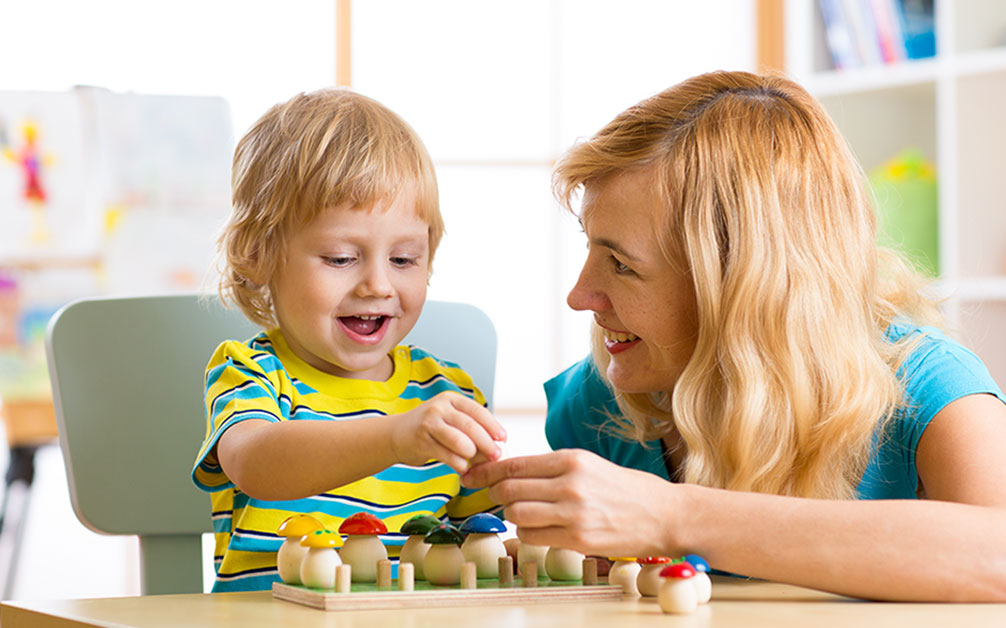
Speech-Language Pathologists (SLPs) can help in many ways. Communication skills affect all aspects of a person’s life. Examples of areas that can be assessed and treated by a Speech-Language Pathologist include:
- Expressive (using) language
- Receptive (understanding) language
- Articulation
- Stuttering
- Social skills
- Pre-literacy skills
- Literacy and reading skills
A good rule of thumb for young children is TALK by 2, UNDERSTAND ME by 3. That means that if your child is not talking by 2 years of age, they may need help from a Speech-Language Pathologist. Also, your child may need help if, at 3 years of age, they are talking but people outside the immediate family don’t understand them.
Preschool Speech and Language Development – Birth to 5 Years
For older children, communication concerns are more likely to arise at school where the demands are higher for talking, listening, reading, writing and social interactions. If your child has difficulties in any of those areas, they may need help from a Speech-Language Pathologist.
Check out the Talk Box for more information about speech and language development for children of all ages.
Our Connecting Dots SLPs have additional training in:
- It Takes Two to Talk® – The Hanen Program® for Parents of Children with Language Delays
- More Than Words® – The Hanen Program® for Parents of Children with Autism Spectrum Disorder or Social Communication Difficulties
- Lidcombe Fluency Intervention
- Social thinking
- Augmentative and Alternative Communication (AAC)
- Literacy intervention
Please contact us for more information about our Speech-Language Pathology services.


